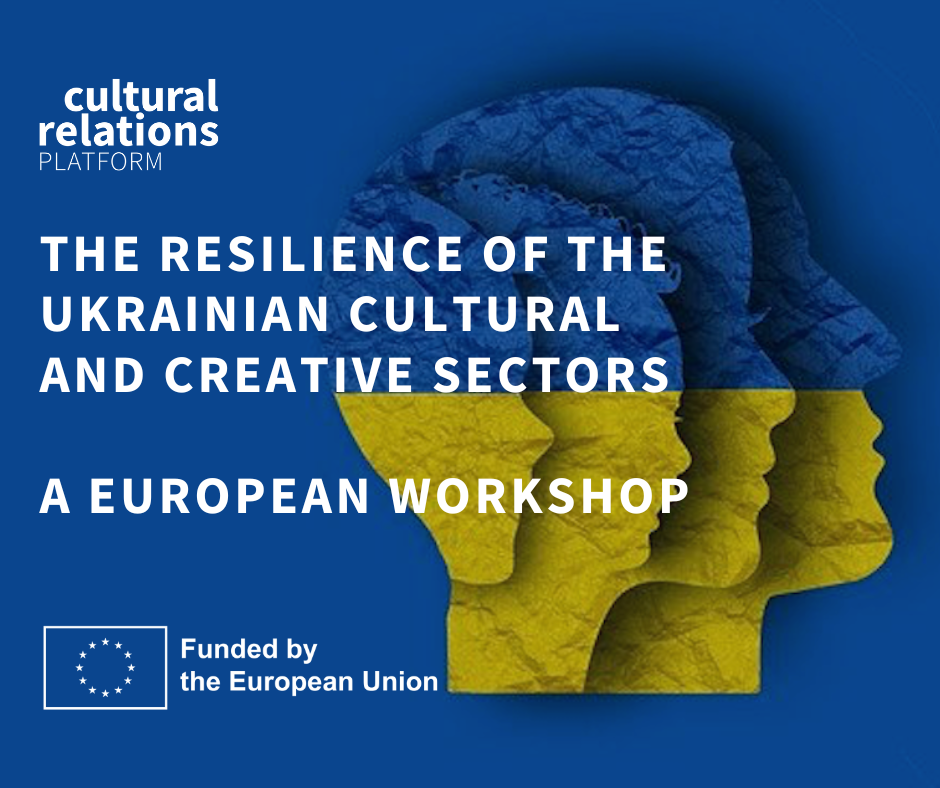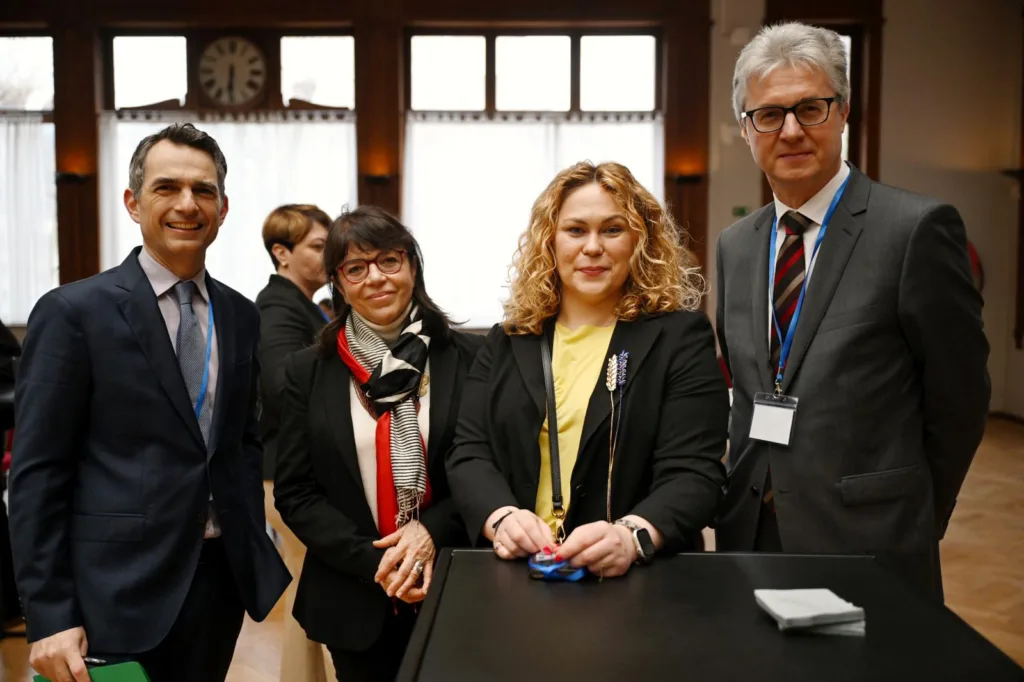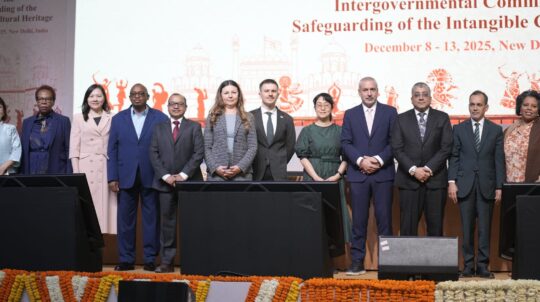During March 7-8, a seminar took place in Brussels, Belgium, where European and Ukrainian experts discussed pathways for the development of Ukraine’s cultural and creative sectors. Deputy Minister of Culture and Information Policy for Digital Development, Digital Transformation, and Digitalization, Anastasia Bondar, participated in the event.

“Currently, Ukraine has access to participate in 14 EU programs, including Creative Europe and Horizon Europe, which can finance culture-oriented projects. The European Commission has also agreed to suspend financial contributions from Ukraine for its participation in all 14 EU programs. At the same time, our partners have confirmed intentions to open access to programs for the media sector,” commented Anastasiia Bondar on the outcomes of the event.
The Deputy Minister added that she initiated a broader meeting with representatives of the European Commission in Kyiv.
The seminar was organized by the Cultural Relations Platform in cooperation with the Directorate-General for Education and Culture of the European Union to explore strategies aimed at strengthening cooperation between the EU and Ukraine, which will enhance the Ukrainian cultural and creative sectors.

The event brought together over 60 experts and government representatives from the EU and Ukraine. Among them were representatives of the European Commission Georg Häusler, Peter Polajnar, and Catherine Magnant, Head of the UNESCO Office in Ukraine Chiara Dezzi Bardeschi, Deputy Head of the Kyiv City State Administration Hanna Starostenko, EU House of Europe program expert Ilona Demchenko, and others.
Over the course of two days, participants from Ukraine and the EU discussed the role of culture in Ukraine’s resilience and recovery, emphasizing its cross-sectoral impact. Panels, presentations, and interactive sessions focused on topics such as:
- options for supporting the Ukrainian cultural and creative sectors in the next few programming years at the EU level, the contribution of these sectors to the economic growth of the Ukrainian state, recovery, and the Eurointegration process;
- regional dimension of creative industries and culture development, the impact of social cohesion and human capital.
“The current situation in Ukraine, characterized by fantastic civil resilience, underscores the urgent need to support our cultural and creative industries to a significantly greater extent. These sectors have demonstrated unparalleled adaptability, innovative ways of supporting the Ukrainian spirit and creativity under the most challenging circumstances. Ultimately, our discussions here and the strategies we develop relate not only to preserving cultural heritage and developing creative sectors. They are aimed at harnessing the transformative power of culture to inspire, heal, and build a future that reflects the best of our shared European values and aspirations,” noted the Deputy Minister.

